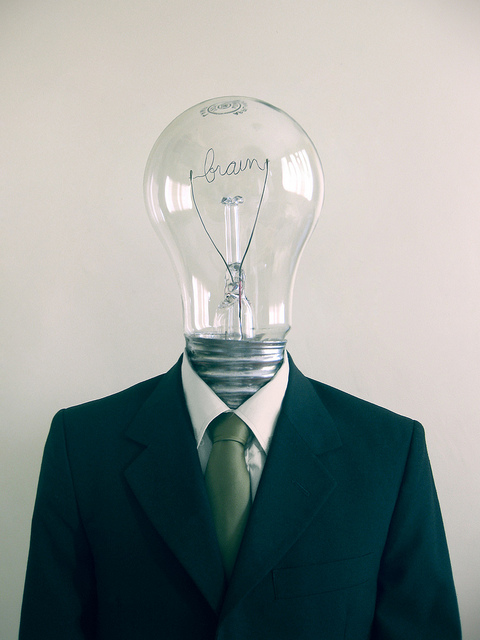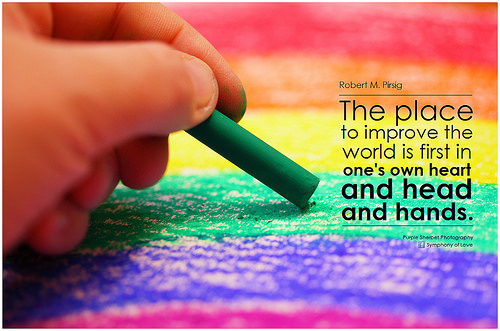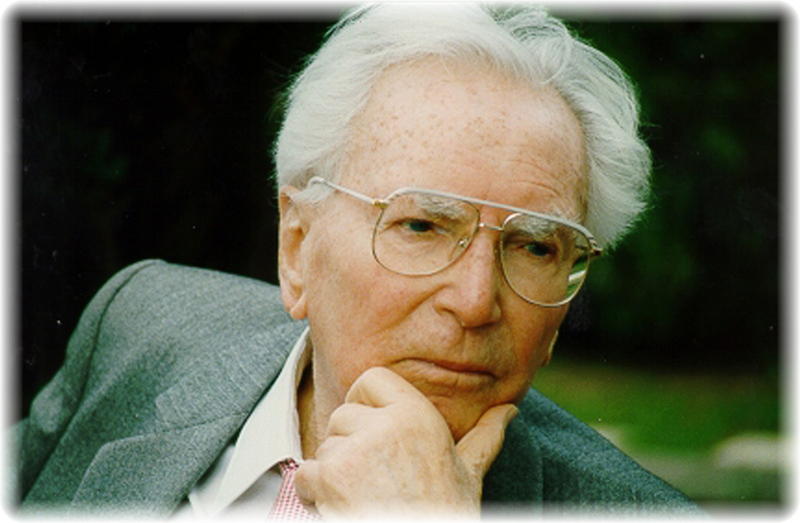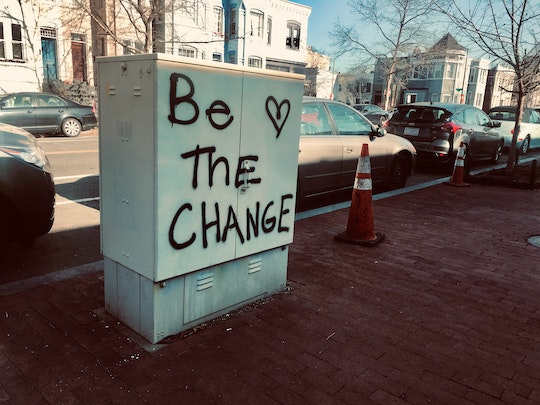“You can’t start the next chapter if you keep re-reading the last one.”
—Author Unknown
Imagine a book based on your life, with a Table of Contents that looks like this:
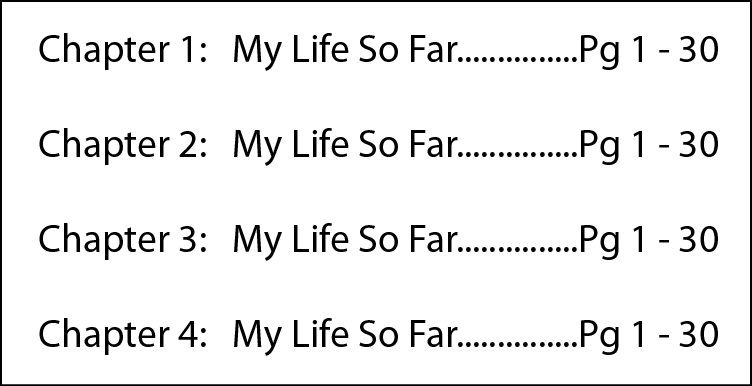 How likely would you be to keep reading the same chapter over and over again?
How likely would you be to keep reading the same chapter over and over again?
Although the answer seems obvious, many people live their lives this way, where “today” looks a great deal like many of their yesterdays.
EXERCISE:
If today’s scenario is even a bit familiar, consider telling a new life story by using Stephen Covey’s “Begin with the End in Mind” habit. Work your way backwards to write about the page-turning journey that got you there. I hope it is a best seller!


